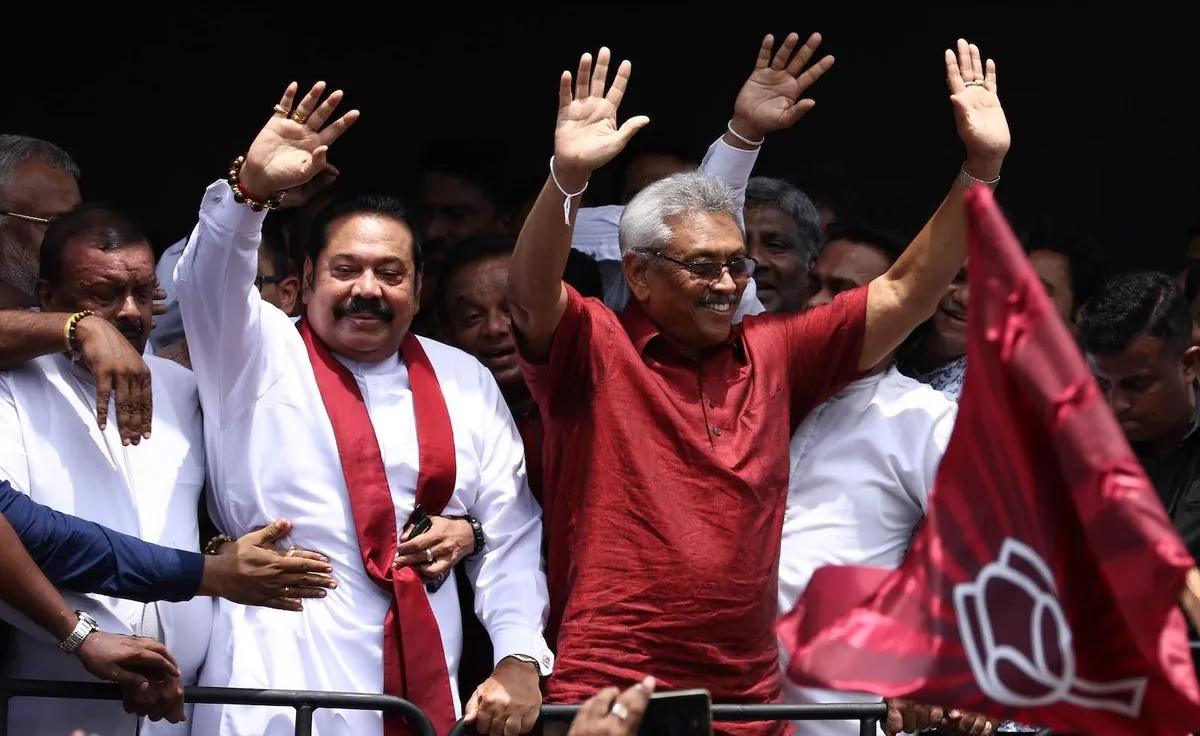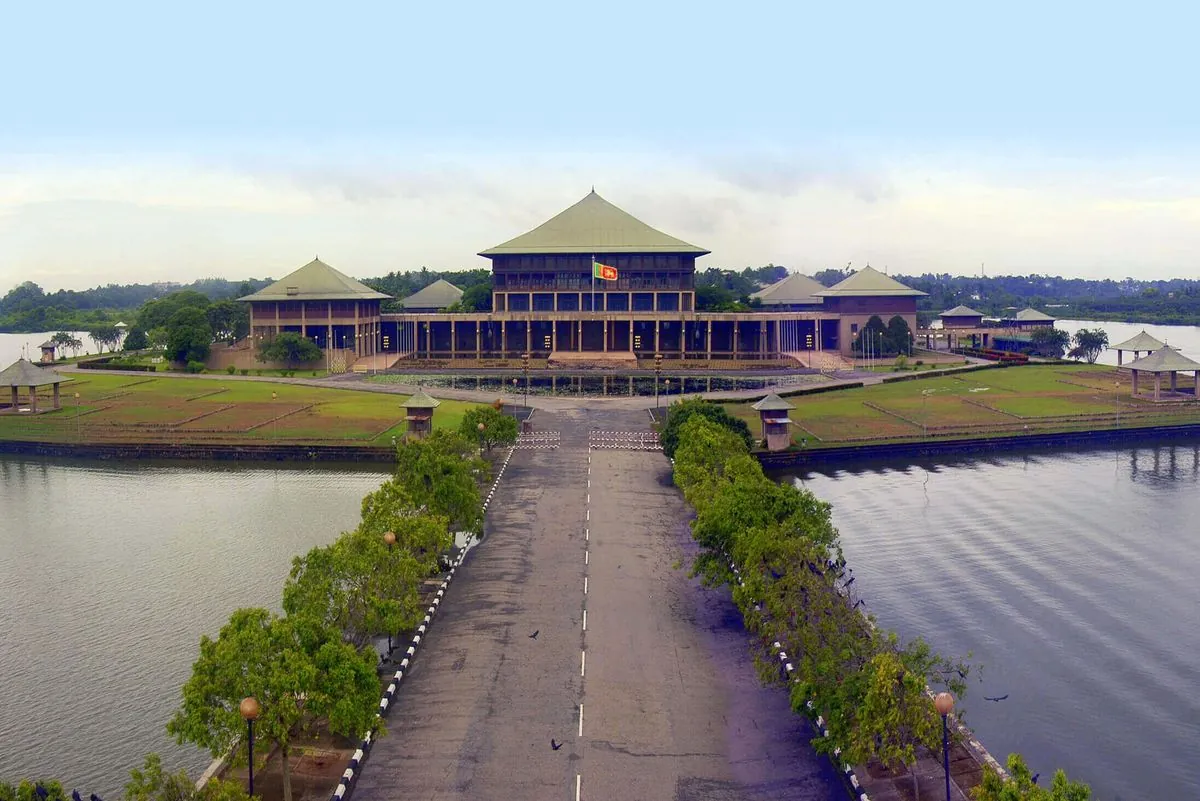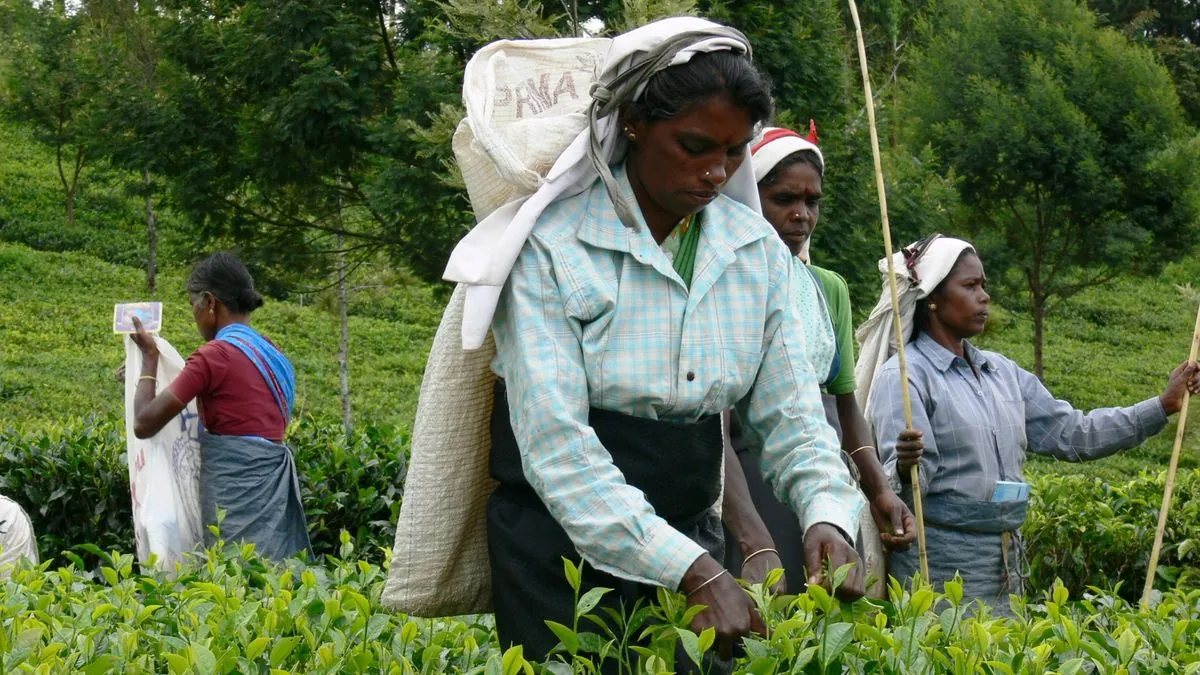Sri Lanka's Presidential Race: Key Contenders and Economic Stakes
Sri Lanka's Election Commission approves 39 candidates for the upcoming presidential election. The vote, crucial for economic reforms, features experienced politicians and newcomers vying to lead the crisis-hit nation.

Sri Lanka's Election Commission has officially approved 39 candidates for the presidential election scheduled for September 21, 2024. This crucial vote comes at a time when the island nation is grappling with its most severe financial crisis in recent history, making the election pivotal for the future of economic reforms.
Ranil Wickremesinghe, the 75-year-old incumbent president, is among the approved candidates. Despite his United National Party holding only one seat in parliament, Wickremesinghe's extensive political experience, including six terms as prime minister, positions him as a frontrunner. He assumed office in July 2022 following widespread protests that led to the resignation of his predecessor, Gotabaya Rajapaksa.

The opposition is led by Sajith Premadasa, 57, who heads the Samagi Jana Balawegaya (SJB) party. Premadasa, son of former President Ranasinghe Premadasa, advocates for modifications to the $2.9 billion International Monetary Fund (IMF) bailout program, aiming to alleviate the cost of living through tax adjustments.
Anura Kumara Dissanayake, 55, represents the National People's Power (NPP) coalition. Despite his party's limited parliamentary presence, Dissanayake's anti-corruption platform has gained significant popular support, reflecting the public's desire for improved governance.
The Rajapaksa family, which has played a dominant role in Sri Lankan politics, is represented by Namal Rajapaksa, 38. As the candidate for the Sri Lanka Podujana Peramuna (SLPP), Namal faces the challenge of unifying the party to counter Wickremesinghe's re-election bid.
Nuwan Bopage, 40, emerges as a candidate from the Peoples' Struggle Alliance, aiming to capitalize on the momentum from the 2022 people's uprising. Bopage opposes the IMF program and advocates for more pro-poor policies.
"The next president will inherit a nation at a critical juncture, balancing the need for economic reforms with the social impact on a population already under strain."
This election is taking place against the backdrop of Sri Lanka's complex history and current challenges. The country, which gained independence in 1948 and adopted its current name in 1972, has faced significant hurdles including a 26-year civil war that ended in 2009 and recent economic turmoil. Sri Lanka defaulted on its foreign debt for the first time in May 2022, highlighting the severity of its financial crisis.
The nation's economy, heavily reliant on tourism, has been severely impacted by events such as the 2019 Easter bombings and the COVID-19 pandemic. Despite these challenges, Sri Lanka boasts a high literacy rate of over 90% and is home to eight UNESCO World Heritage Sites, underscoring its cultural richness and potential for recovery.
As the election approaches, candidates must address pressing issues such as corruption, climate change impacts, and the need for sustainable economic policies. The outcome of this election will not only shape Sri Lanka's domestic policies but also its international relations, given the country's strategic location in the Indian Ocean.

With its multi-party system and semi-presidential form of government, Sri Lanka's political landscape reflects the diverse interests of its population. The upcoming election presents an opportunity for the nation to chart a new course, balancing economic recovery with social welfare and environmental sustainability.


































